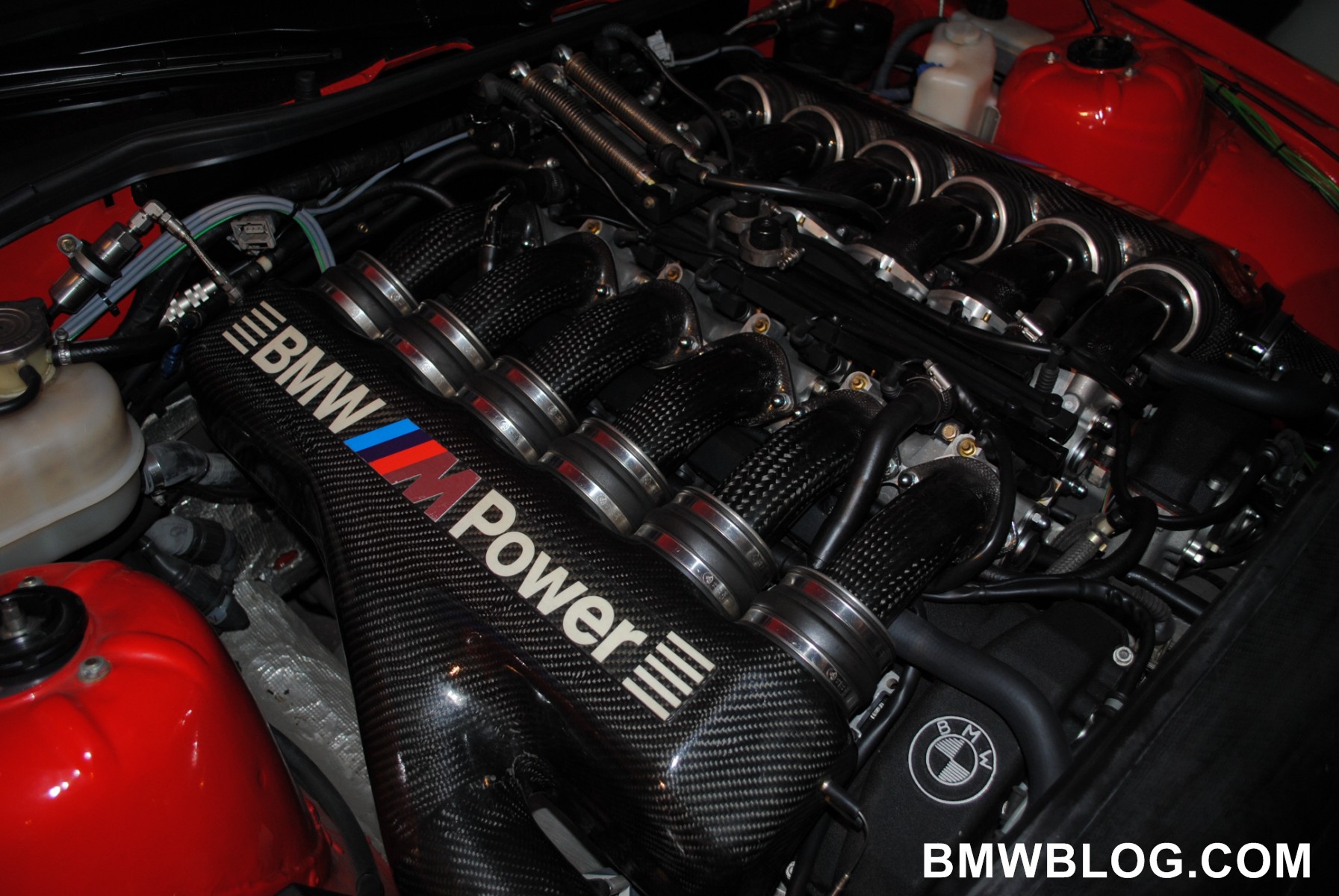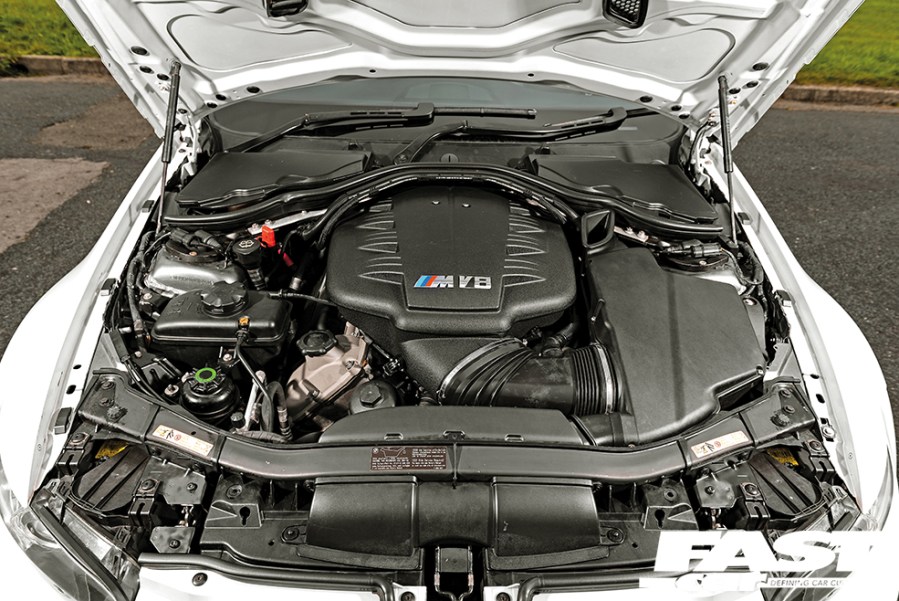Leading 5 BMW Engine Technologies Reinventing the Automotive Market
Leading 5 BMW Engine Technologies Reinventing the Automotive Market
Blog Article
Introducing the Intricacies of Next-Generation Power Units: a Deep Study Advanced Engine Technologies and layouts
In the realm of automotive engineering, the unrelenting search of efficiency, performance, and sustainability has pushed the development of power systems to extraordinary elevations. As we stand on the precipice of a new era in transport, the intricacies of next-generation engine layouts bid us to check out the advanced technologies and developments that guarantee to redefine the driving experience. From innovative materials that press the limits of toughness and weight decrease to advanced turbocharging and supercharging systems that boost power output to new degrees, each element of these power units holds a vital to opening the future of auto design. Delving much deeper into the worlds of discharge control, intelligent engine monitoring systems, and the perspective of power device development, we find ourselves on the cusp of a makeover that guarantees to improve the landscape of mobility as we understand it.
Development of Engine Products

The shift in the direction of progressed engine products has actually also allowed designers to make engines with higher power outputs while maintaining fuel effectiveness criteria. The use of lightweight materials reduces the overall weight of the engine, leading to improved fuel economy and lower emissions. Additionally, developments in materials technology have enabled much better thermal administration within engines, resulting in boosted dependability and durability.
Turbocharging and Supercharging Technologies
How do Turbocharging and Supercharging Technologies reinvent engine performance and efficiency in modern-day cars? Turbocharging and supercharging are technologies that dramatically boost engine efficiency by increasing the quantity of air intake into the burning chamber. Turbocharging accomplishes this by utilizing a generator driven by exhaust gases to pressurize the intake air, while supercharging utilizes a belt- or chain-driven compressor to achieve the same effect.
These technologies allow smaller sized, more fuel-efficient engines to generate power comparable to bigger ones, recognized as downsizing. By requiring more air right into the cylinders, turbo charging and turbocharging enhance combustion effectiveness, resulting in enhanced horse power and torque output without a considerable increase in engine size. This brings about better velocity, lugging ability, and total driving performance.
Additionally, supercharging and turbocharging add to boosted fuel performance by enabling the usage of smaller engines that consume less fuel under regular driving conditions - bmw engine. This mix of boosted efficiency and performance has made turbocharging and supercharging indispensable components of numerous modern engine styles
Exhaust Control and Environmental Influence
With enhancing worldwide worries concerning air top quality and ecological sustainability, the implementation of emission control innovations in automobiles plays an essential duty in decreasing dangerous toxins launched right into the ambience. Modern vehicles are furnished with advanced discharge control systems that aid minimize the ecological effect of automotive operations. Catalytic converters, for instance, are designed to convert hazardous gases such as carbon monoxide gas, nitrogen oxides, and hydrocarbons right into much less unsafe materials like co2 and water vapor.
Moreover, innovations in engine technology, such as the assimilation of exhaust gas recirculation systems and discerning catalytic decrease, have considerably contributed to reducing emissions. These innovations work in tandem to optimize combustion effectiveness and reduce the release of harmful toxins right into the air. In addition, the development of crossbreed and electric automobiles stands for a vital step towards minimizing the total environmental impact of the transport sector.
Intelligent Engine Monitoring Solution

Moreover, these systems enable automobiles to meet rigorous discharges criteria without jeopardizing efficiency, giving a more environmentally pleasant driving experience. The integration of artificial intelligence and machine understanding capacities in engine administration systems remains to push the limits of what is possible, leading to additional renovations in effectiveness, integrity, and overall automobile performance. bmw engine. As automotive innovation advances, intelligent engine monitoring systems will certainly play a vital role fit the future of transport towards a more reliable and sustainable direction
Future Trends in Power Device Development
As smart engine management systems lead the means for improved control and optimization in modern-day lorries, future fads in power system advancement are poised to redefine the landscape of automotive propulsion innovations. These alternate power sources provide improved effectiveness and efficiency while lining up with rigid environmental regulations.
An additional substantial pattern is the integration of advanced materials and manufacturing strategies. Lightweight materials such as carbon fiber and light weight aluminum are being used to minimize general lorry weight, enhancing gas efficiency and performance. In addition, advancements in 3D printing and additive production are allowing the manufacturing of complicated engine components with greater precision and sturdiness.
Additionally, artificial knowledge and artificial intelligence are playing a critical function in other optimizing power device performance. These modern technologies enable real-time surveillance and adaptive control, leading to a lot more reliable and trusted power shipment. Overall, future trends in power unit growth are geared towards sustainability, efficiency, and performance, driving the automotive market in the direction of a brand-new age of propulsion innovations.

Final Thought
In final thought, the developments in engine products, turbocharging, emission control, and intelligent administration systems have actually led the means for next-generation power devices. The detailed designs and innovations in contemporary engines showcase the continuous advancement of auto modern technology.
Checking out the dynamic innovations in engine materials has been essential in enhancing the efficiency and effectiveness of modern-day engines. Over the years, the advancement of engine products has actually played an essential function in pushing the limits of what engines can accomplish.The shift towards advanced engine materials has also enabled engineers to develop engines with higher power outputs while maintaining gas performance criteria.The execution of smart engine monitoring systems in contemporary automobiles has transformed the way engines are managed and enhanced for performance and performance. By accumulating information in real-time and examining it with advanced algorithms, intelligent engine monitoring systems can adjust to driving styles, ecological variables, and engine health and wellness to maximize power result while decreasing read this post here gas usage and discharges.
Report this page